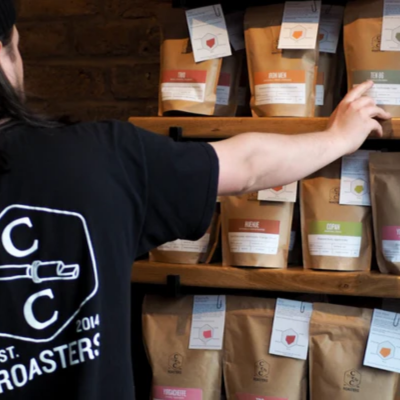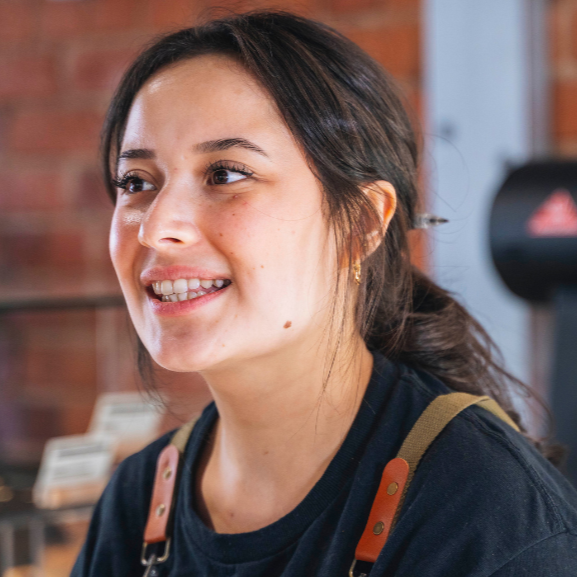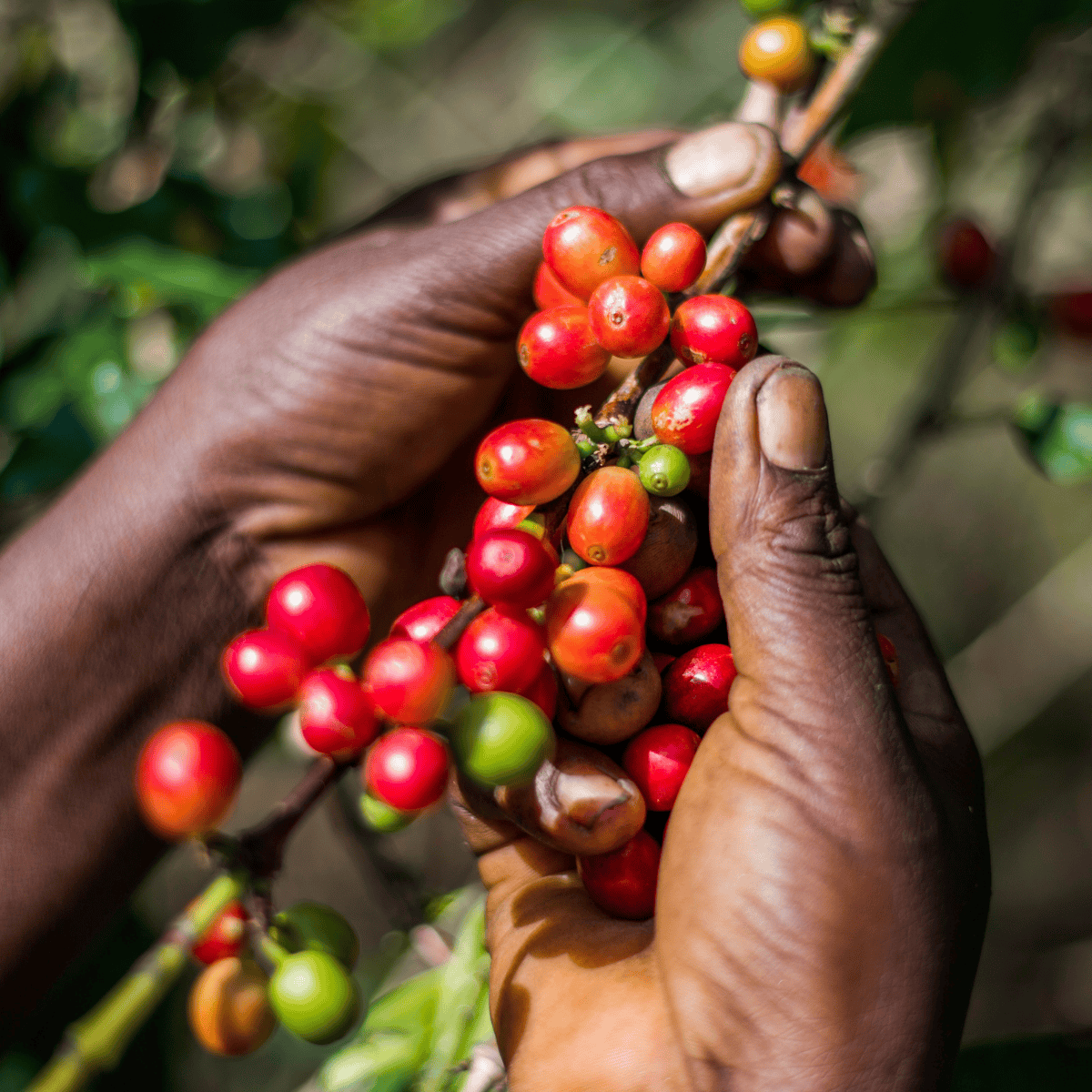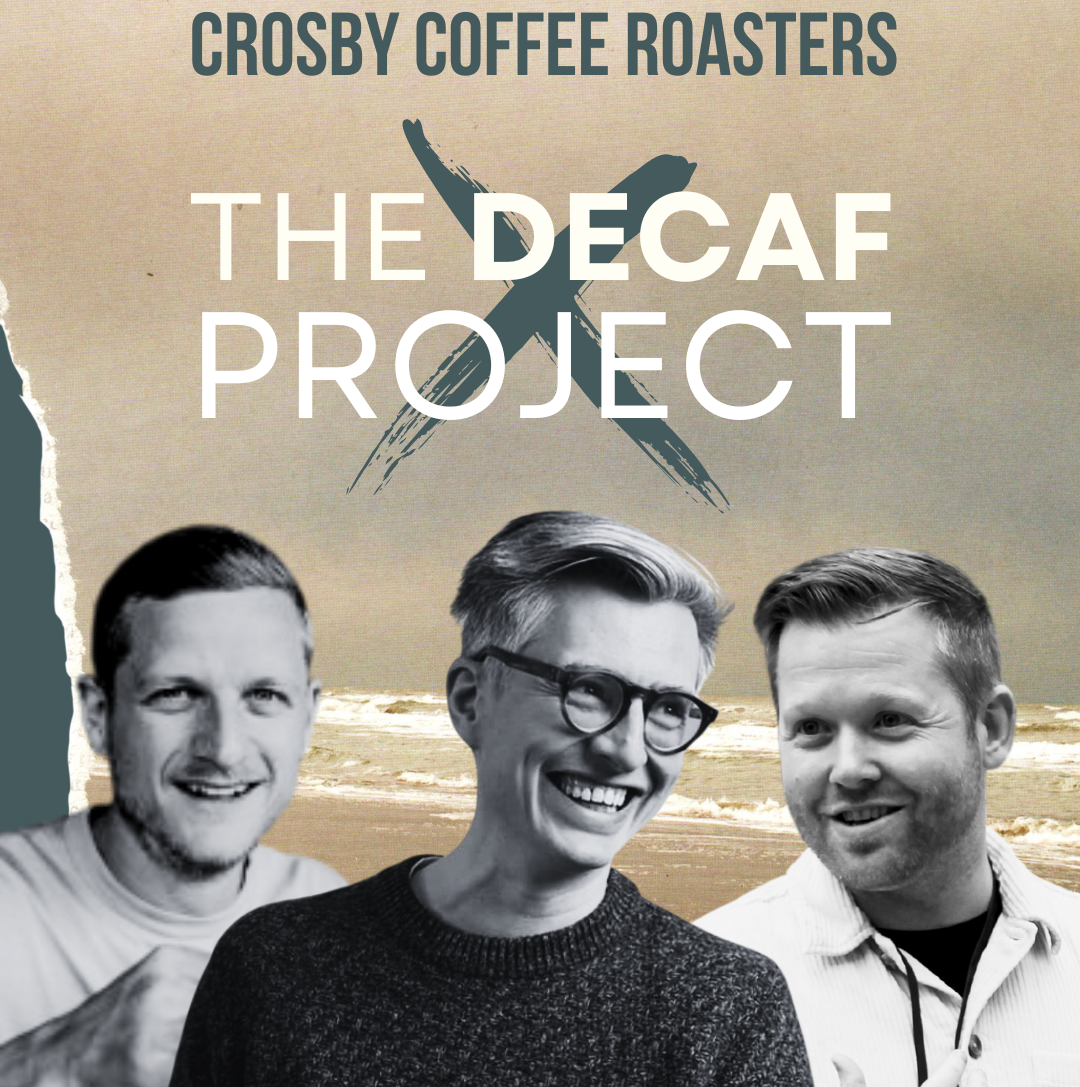Customer Portal

What is Speciality Coffee?
by Jack Foster December 20, 2024 5 min read
Did you know that specialty coffee accounts for 23% of coffee consumed in the UK? This rapidly growing segment of the coffee industry represents the highest quality beans - carefully cultivated, processed, and roasted to bring out their unique flavours.
Unlike commodity coffee, speciality coffee is graded by certified professionals and must score 80 points or higher on a 100-point scale to earn its title. Continue reading to find out what makes speciality coffee, including its origins, grading system, and the processes that go into producing it.

The History of Speciality Coffee
The term speciality coffee was first coined in 1974 by Erna Knutsen - a pioneering figure in the coffee industry. In her speech to the International Coffee Organisation, Knutsen used the phrase to describe the highest grade of coffee beans, grown in ideal climates and renowned for their distinctive flavour profiles.
These beans, she explained, came from ‘special’ microclimates - handled with exceptional care during cultivation, processing, and roasting. Since then, the term has evolved to represent more than just quality. It embodies a movement known as the Third Wave - focused on transparency, sustainability, and craftsmanship.
Speciality coffee has grown into a global phenomenon, celebrated by farmers, roasters, and coffee lovers across the world who value excellence at every stage of production.
Where is Speciality Coffee Grown?
Speciality coffee is grown in specific regions - all of which provide ideal conditions for producing exceptional speciality coffee.
These regions are mostly located along the Coffee Belt, which provides the perfect combination of altitude, climate, and soil to cultivate speciality-grade beans. The most bought speciality coffee is from South America, Central America, East Africa, and Asia.
Brazil
As the world’s largest coffee producer, Brazil plays a significant role in speciality coffee. Known for its smooth, nutty, and chocolatey flavours, Brazilian speciality coffee is grown in specific regions like Minas Gerais and São Paulo, where high altitudes and consistent rainfall contribute to exceptional quality.
Columbia
Colombia is also renowned for producing speciality coffee with vibrant acidity and fruity or floral notes. Its mountainous terrain, microclimates, and hand-picked harvesting methods make it an ideal location for the speciality coffee market. Regions in Columbia, such as Huila and Antioquia, are also especially famous for their distinctive beans.
Costa Rica
Costa Rica is celebrated for its meticulous focus on quality, with speciality coffee farms often using advanced techniques to enhance flavour. The country's volcanic soil and high altitudes create ideal growing conditions for high-quality coffee, resulting in beans with bright acidity, sweetness, and different flavour profiles.
Ethiopia
Ethiopia is often considered the birthplace of coffee. It remains one of the most significant producers of speciality coffee. Known for its diverse varieties, Ethiopian speciality coffee often features bright acidity and floral aroma.
Regions like Sidamo, Yirgacheffe, and Harrar are especially renowned for their unique flavour profiles. Coffee grown in Ethiopia benefits from the country's high altitudes and rich biodiversity.
India
Though less well-known, India has a growing speciality coffee sector, particularly in regions like Karnataka and Kerala. Indian speciality coffee often exhibits unique spice and chocolate notes, reflecting the country's diverse growing environments and cultivation methods.
Speciality coffee is a global effort, with each region contributing unique flavours that reflect its environment and farming practices, making every cup a truly distinctive experience.
What is the Difference Between Regular Coffee and Specialty Coffee?
Speciality coffee and regular coffee differ significantly in quality, cultivation, and preparation. While speciality coffee emphasises excellence at every stage, from bean selection to brewing, regular coffee prioritises mass production and affordability. Let’s take a look at a comparison of the two:
| Specialty Coffee | Regular Coffee | |
|---|---|---|
| Bean Quality | High-quality Arabica beans, hand-picked for flavour and consistency. | Often commodity-grade Arabica and Robusta beans. |
| Cultivation | Grown in ideal conditions with attention to altitude, soil, and climate. | Focus on yield over quality, often grown in less-than-ideal conditions. |
| Grading | Must score 80+ points on a 100-point scale by a Q Grader. | No formal grading or scoring system. |
| Flavour Profile | Complex and nuanced, with distinct regional characteristics. | Basic, often bitter or bland. |
| Roasting | Small-batch roasting tailored to highlight flavour nuances. | Large-scale roasting aimed at uniformity and speed. |
| Sustainability | Often tied to ethical sourcing, fair trade, and environmentally friendly practices. | Less emphasis on sustainability or traceability. |
| Brewing | Prepared using precise brewing methods to enhance flavour. | Brewed quickly and conveniently, often in large batches. |
| Price | Premium pricing reflects quality and ethical sourcing. | More affordable but compromises on quality. |
Key Differences
- Quality over quantity - speciality coffee is all about quality, using only the best beans, whereas regular coffee prioritises quantity and cost-efficiency.
- Attention to detail - from farm to cup, speciality coffee involves careful attention to each step of the process, ensuring exceptional taste. Regular coffee typically lacks this meticulous care.
- Flavour - speciality coffee offers a vibrant, balanced, and often complex taste experience, while regular coffee tends to have a uniform and less exciting taste.
Whether you prefer speciality or regular coffee depends on your priorities - taste and quality versus convenience and cost.
What is Classed as Specialty Coffee?
Speciality coffee is defined as coffee that scores 80 points or higher on a 100-point scale. The coffee must go through a rigorous grading process conducted by a certified coffee grader, known as a Q Grader. This evaluation focuses on key attributes, such as:
- Aroma
- Flavour
- Acidity
- Body
- Balance
- Aftertaste
To earn the speciality title, the coffee must also be free of primary defects, like mould or insect damage, and exhibit a distinct flavour profile that reflects its origin and terroir. Varieties like Bourbon and Typica are often grown under ideal conditions and are known to achieve scores in the specialty range, making them some of the most sought-after coffees in the world.
This particular grading process ensures that speciality coffee offers a unique and exceptional experience, differentiating it from standard-grade coffee.
Why Choose Specialty Coffee?
Speciality coffee stands out for its superior quality and unique attributes, offering several compelling reasons to choose it over regular coffee:
- Exceptional flavour - speciality coffee is celebrated for its complex and diverse flavour profiles, often featuring fruity, floral, and chocolatey notes that reflect its origin and meticulous processing.
- High-quality beans - speciality coffee is made from premium Arabica beans, grown in ideal conditions and carefully hand-picked to ensure consistency and quality.
- Sustainability and ethics - many speciality coffee producers prioritise ethical sourcing, fair trade practices, and environmentally sustainable farming methods, supporting both farmers and the planet.
- Traceability - speciality coffee provides transparency about its origin, allowing you to know the region, farm, and even the processing methods behind your cup.
- Freshness and craftsmanship - from small-batch roasting to precise brewing, speciality coffee is handled with care to bring out the best in every bean, ensuring a fresher and more enjoyable experience.
The bottom line is that by choosing speciality coffee, you’ll be prioritising and supporting quality, sustainability, and ethical practices.
Speciality Coffee at Crosby Coffee
At Crosby Coffee, we offer speciality coffee that scores above 80, as well as other options of high-quality coffee. We take pride in being able to provide tasty and environmentally-friendly coffee to our customers.
If you want an easy way to indulge in the perfect cup of coffee, we recommend our popular subscription service. If you happen to have any questions regarding our coffee, please don’t hesitate to contact us today. We look forward to hearing from you!
Leave a comment
Comments will be approved before showing up.
Also in Updates
Hey there! Fancy 10% Off?
Sign up to our newsletter and we'll send you all our latest offers, including 10% off your first coffee order!















